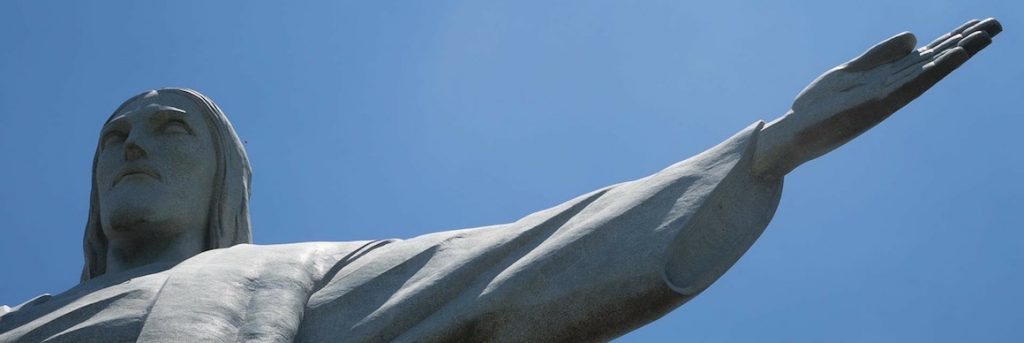Ted Rogers Professor Talks Ethics in the 2016 Rio Olympics

While the 2016 Rio Olympics may have been a great sporting event, there were a lot of controversies. In fact, according to Chris MacDonald, director of the Jim Pattison Ethical Leadership Program and interim MBA director at the Ted Rogers School of Management, the Olympics had enough scandals and ethical dilemmas to “keep a university Moral Issues course going for two full semesters.”
In an article in Canadian Business, MacDonald spoke about everything from the doping scandals to the polluted water and strange false robbery story concocted by Ryan Lochte. In his article, he says the ethical issues began long before the Olympics ever took place. Choosing Rio de Janeiro was rife with controversy.
Hosting a multi-billion-dollar event in an underdeveloped country in the midst of political turmoil was an iffy choice. “Serious concerns were raised about the lack of essential infrastructure, not to mention lack of plausible assurances about safety and security,” he said. Then, as the games grew closer, experts became concerned about the Zika virus, and there was even talk about moving the 2016 Olympics to another location or delaying the date.
Once the games started, the controversies didn’t end. In Rio, there was concern about polluted water at the sailing venue and security for all of the athletes, while outside of Rio there were widespread ethical questions about the media coverage. Reporters engaged in rampant sexism, referring to one female athlete, Corey Cogdell, the bronze medal trapshooting champion, not by her name but as the “wife of a [Chicago] Bears’ lineman.”
“And then there was the corruption. The IOC has, of course, a checkered past in this regard. The organization has been widely criticized for its history of corruption,” said MacDonald. “Rio continued the trend, with IOC member Patrick Hickey being arrested along with three other men in a ticket re-selling scam.”
There’s no doubt that MacDonald found plenty of fodder for his ethics classroom.
